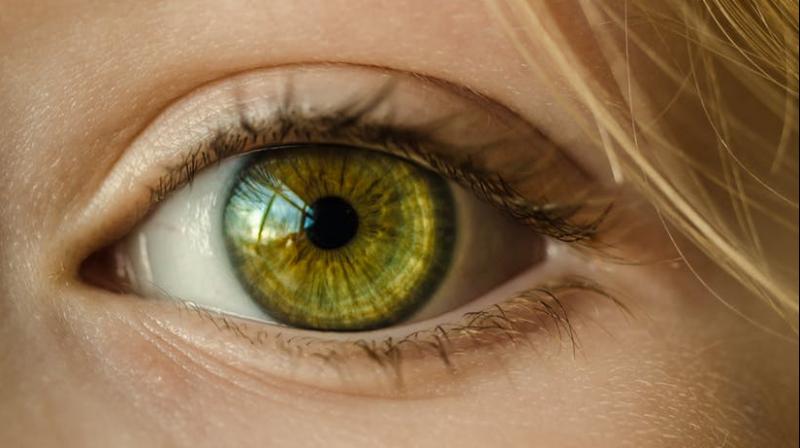 Drivers with cataracts who get surgery to have them removed may lower their risk of getting into traffic crashes, a recent study suggests.
Drivers with cataracts who get surgery to have them removed may lower their risk of getting into traffic crashes, a recent study suggests.
Compared to their chances of a crash before surgery, drivers with cataracts were 9 percent less likely to be involved in collisions afterwards, the study found.
Doctors would need to treat 4,564 patients to avoid one crash a year, researchers report in JAMA Opthalmology.
“Given the mortality and societal costs from traffic crashes, any reduction in these risks would be welcome,” said lead study author Dr. Matthew Schlenker of the Kensington Eye Institute in Toronto, Ontario.
Cataracts often develop with age, making the lens inside the eye cloudy and more opaque and reducing the amount of light that enters the eye. Symptoms can include decreased visual acuity, impaired color vision, more glare, and less sense of brightness, contrast and depth perception in what people see.
Surgery for cataracts typically involves two small incisions to remove the damaged lens and the insertion of a clear artificial lens.
“Removing the opacified natural lens allows better light entry, reduces or eliminates refractive error, and reduces light scatter,” Schlenker said by email. “While overall the procedure is well tolerated, there are rare complications including infection, bleeding, swelling, or retinal detachment.”
The study included 559,456 patients who had cataract surgery between 2006 and 2016. They were 76 years old on average.
Patients were behind the wheel in a total of 6,482 serious crashes that landed them in the emergency room during the five years before their cataract surgery.
SPONSORED
During the 3.5 years before surgery, 2.36 patients out of every 1,000 were drivers in traffic crashes.
Over the course of the first year after surgery, 2.14 patients out of every 1,000 were drivers involved in collisions.
Cataract surgery was not associated with a lower risk of being involved in a crash as a passenger or pedestrian.
The study wasn’t a controlled experiment designed to prove whether or how cataract surgery might make crashes less likely, the authors note. Another limitation is that it only included people with cataracts severe enough to justify operations, and many people with cataracts don’t get surgery.
Even so, the focus on people who got in traffic crashes serious enough to require emergency medical treatment offers high-quality evidence that cataract surgery may be one effective approach to reducing the risk of these collisions, said Dr. Justine Smith, a researcher at Flinders University in Adelaide, Australia, who wasn’t involved in the study.
“We know that reduced vision is a risk for driving – that is why the Department of Motor Vehicles or equivalent takes your driving license when your vision drops below a set level, which varies with country,” Smith said by email.
“The investigators were able to associate cataract surgery with decreased risk of a serious traffic accident,” Smith added. “This tells you that if you or an elderly relative develop a cataract that affects the vision, one good reason to have the cataract operated, is for road use (car, motorbike or bicycle) safety.”
Not everybody with a cataract needs surgery, and not everyone with a cataract will have difficulty driving safely, noted Dr. Kevin Miller of the Stein Eye Institute and the David Geffen School of Medicine at the University of California, Los Angeles.
Other people with cataracts clearly shouldn’t be driving at all because their vision is too impaired to safely operate a vehicle, Miller, who wasn’t involved in the study, said by email.
“The difficulty comes with everybody in between where they have some cataract and it’s creating some effect on their vision but it’s not to the point where they can’t pass a driver’s vision test,” Miller said. “There are many, many people that fall into that gray zone.”




 Driving Naari Programme launched in Chandigarh
Driving Naari Programme launched in Chandigarh






























